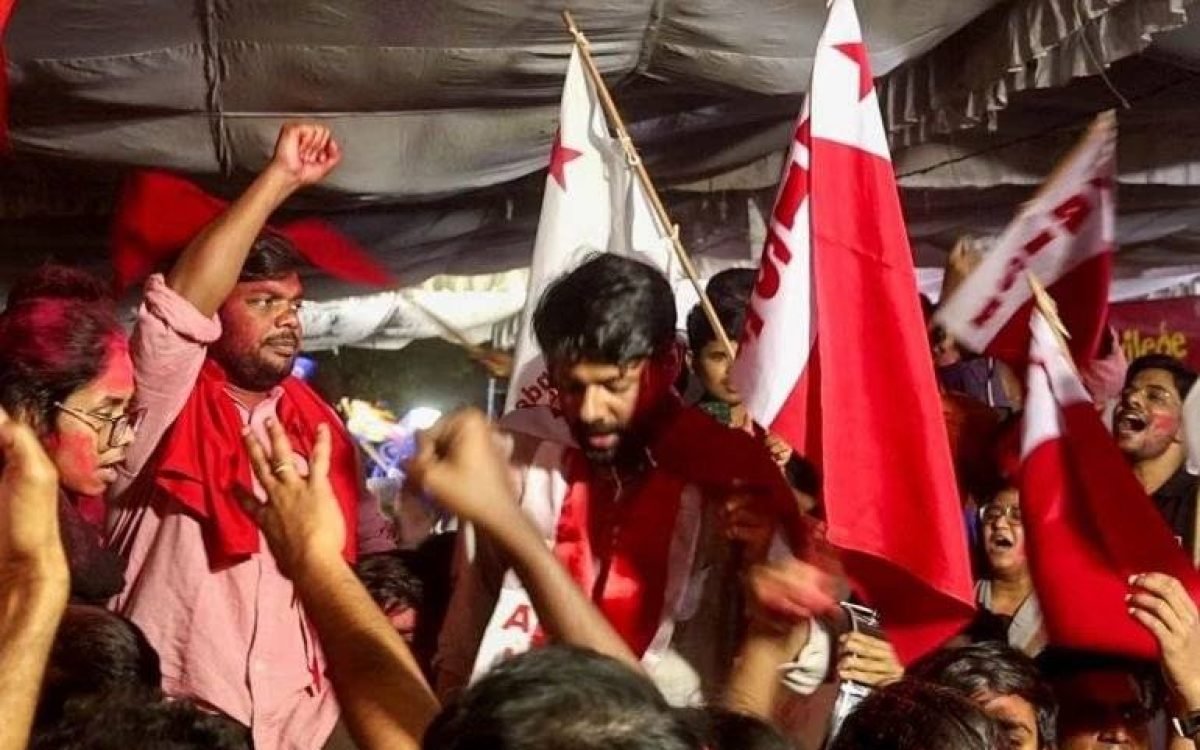JNU: Navigating Ideological Tensions and Political Struggles in Contemporary India
The release of the Bollywood film “JNU,” accompanied by its provocative tagline questioning the impact of an educational institution on the nation, has once again thrust Jawaharlal Nehru University (JNU) into the national spotlight. As one of India’s premier public universities, JNU has long been celebrated for its academic excellence and vibrant political activism. However, it has also become a battleground for ideological clashes and political struggles, reflecting broader socio-political dynamics in the country.
JNU’s legacy as a center of left-liberal politics and critical thinking dates back decades. Named after India’s first Prime Minister, Jawaharlal Nehru, the university has championed inclusive admissions policies, providing opportunities for students from marginalized backgrounds to access quality higher education. Yet, its commitment to progressive values has drawn ire from critics, particularly from the Hindu majoritarian right under Prime Minister Narendra Modi’s rule.
Critics affiliated with Modi’s Bharatiya Janata Party (BJP) have labeled JNU as an “anti-national” hub due to its left-leaning politics. This has led to arrests and accusations of treason against students and faculty members, sparking national debates about academic freedom and dissent. Amidst these challenges, JNU held its recent JNUSU (Jawaharlal Nehru University Students Union) elections, where left-wing organizations secured victory, signaling a resounding rejection of the right-wing agenda.
Despite its insulated campus environment, JNU’s ideological battles mirror larger political currents in India. The historical dominance of left-wing student organizations clashes with the emergence of right-wing groups like the Akhil Bharatiya Vidyarthi Parishad (ABVP), affiliated with the far-right Rashtriya Swayamsevak Sangh (RSS). This ideological divide underscores the diverse intellectual landscape of JNU, where academic discourse intersects with real-world political struggles.
JNU’s alumni include Nobel Laureates, foreign leaders, and prominent political figures, highlighting its influence on global thought leadership. However, recent controversies have raised concerns about the university’s autonomy and ethos. As JNU navigates these challenges, its resilience and commitment to democratic values remain unwavering, inspiring generations of scholars, activists, and leaders to uphold the principles of social justice and academic freedom.
In conclusion, JNU stands as a symbol of intellectual freedom and political engagement in contemporary India. As it continues to navigate ideological tensions and political struggles, the spirit of dissent and critical inquiry remains at the heart of its identity, shaping the future of academia and democracy in the country.









